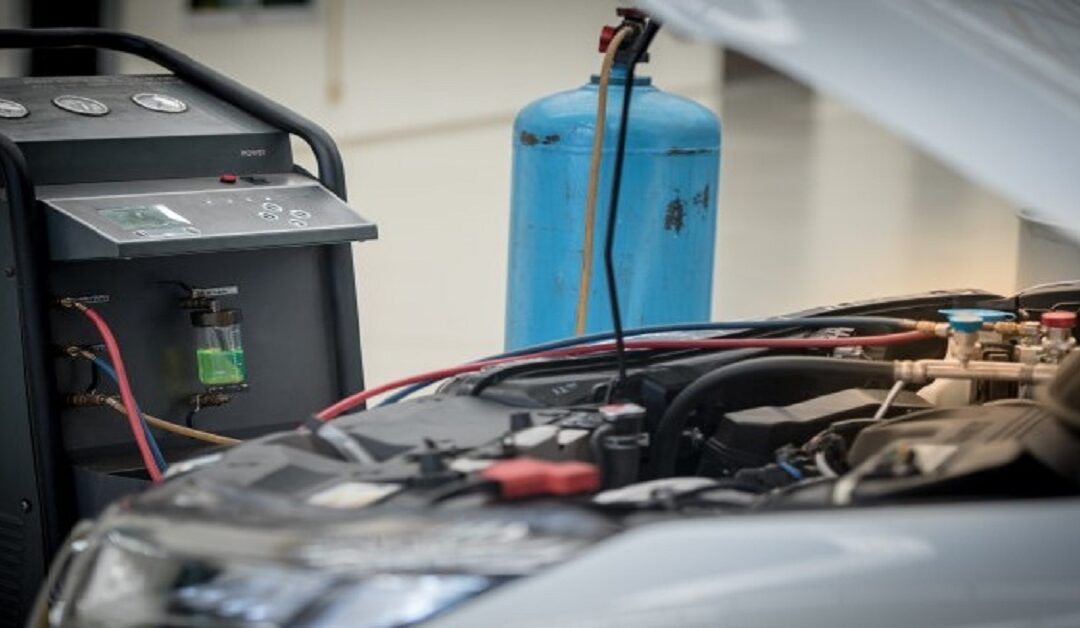
What to Do If Your Car AC Compressor Is Messing Up
The Air Conditioner is one of the most vital components that can make or break a driving experience; may it be a road trip, a school outing, or a family drive. The summer heat spares no one, and without our ACs, we can’t enjoy the bright, happy days.
Most of the time, if your car AC is not working as well as it should, or not at all, it indicates a problem in the compressor. This is one of the three main parts of an air conditioner- the other two being the condenser and the evaporator.
How Does It Work?
The main cooling factor of the system- the refrigerant- is pressured (compressed) by the compressor and it changes from the gaseous form into liquid form when the particles are forced to come together, after which, it’s pushed into the condenser. The compressor works in cohesion with the car engine, connected to it by the engine accessory belt, which helps propel the refrigerant down even further. Moreover, the evaporator sucks hot, humid air from the interior of the vehicle and after moisture has been filtered out, this air is passed next to the cool refrigerant which in turn, cools it down. This final product, the pleasant, cool air is then transported back to the interior seating section of the vehicle via vents.
What Happens If the Compressor Stops Working?
As explained above, the compressor is of crucial importance in pressurizing the gaseous refrigerant. Therefore, if the compressor is not functioning optimally, the hot air cannot be processed to cool down and ends up accumulating inside the car, causing extreme discomfort to the passengers, as well as the driver. Other than that, the humidity levels inside the vehicle will not be regulated, which will result in the windshields fogging up.
How Do I Know That My Compressor Is Not Working?
There are a few telltale signs of a bad AC compressor. The first and most obvious one is the inability of the car AC to actually cool down the temperature inside. The vents throwing out hot and humid air is a clear indication of trouble.
Furthermore, there are consistent, strange noises coming out from inside the hood of the car. Some of these can be a high-pitched squeal, the awful sound of two metal surfaces rubbing over each other, or a light squeaky sound, every time you turn the AC on.
Last but not the least, if the belt-pulley-compressor system is flawed, or worn out, the automatic click that turns the compressor off when an optimum temperature has been reached, will NOT work. This will cause the compressor to overheat and you may even see smoke coming out of your hood if things get really bad.
Diagnosing the Problem
Now that we know the signs of a faulty AC compressor, it’s time to confirm our suspicions. For that, we open up the hood and get our hands dirty. After having located the compressor, (near the engine belts), we look for visible signs of wear and tear. These may include a rusted surface, oil leaks, and damaged paint. Remember that a functional compressor needs oil to prevent overheating and friction between the parts.
Next, check out the pulley belt situated right beside the compressor. Is there any crack or tear in the belt? If so, it needs to be replaced immediately.
After these two, we inspect the clutch of the compressor, sitting right in front of it. We run the engine and the AC to see if the rotations are smooth. Setting the AC cooling setting to its highest, we also listen for any strange and unusual noises that might raise a red flag. If you are experiencing any of these problems with your car, we advise that you get it checked out by a professional now!
At Acres Cash for Cars, you can sell your car online for cash and get a good value. A lot of people have a junk car for sale lying around the backyard. We provide free towing services from your home to our junkyard, and give you the best price for your car!
